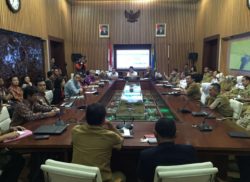 (Bandung) 27 June 2016 – Rapid developments which are happening under the leadership of Mayor of Bandung, Ridwan Kamil, demands improved professionalism from all aspects of good governance. Procurement system is vital in supporting each development implemented by the city administration to improve the welfare of its citizens. Therefore, last April the Government of Bandung City has joined the Procurement Modernization Program, which is implemented by National Public Procurement Agency (LKPP) and MCA-Indonesia.
(Bandung) 27 June 2016 – Rapid developments which are happening under the leadership of Mayor of Bandung, Ridwan Kamil, demands improved professionalism from all aspects of good governance. Procurement system is vital in supporting each development implemented by the city administration to improve the welfare of its citizens. Therefore, last April the Government of Bandung City has joined the Procurement Modernization Program, which is implemented by National Public Procurement Agency (LKPP) and MCA-Indonesia.
Today, a coordination meeting between the Government of Bandung City, LKPP and MCA Indonesia has been held in Bandung City Hall and opened by Mayor Ridwan Kamil. Theobjective of the meeting is to formulate a work plan, which will determine the flow of the
program until April 2018.
“We welcome this opportunity to strengthen the capacity of our procurement unit. The City of Bandung is pushing hard for a more efficient, effective and transparent processes, for the sake of our city and the people of Bandung. We have high hopes that this partnership with LKPP and MCA-Indonesia can assist us to achieve those objectives,” stated Ridwan Kamil.
Important parts of the program includes organizational development of the Procurement Service Unit (ULP), the development of human resources, Public Private Partnership and electronic catalogue. A series of trainings will be carried out to improve the capacity of ULP staff, enabling the preparation of a permanent ULP. This is intended to enable a more effective procurement compared to a non-permanent ULP, whom staff will only conduct procurement after they have completed their core tasks in their own agencies. In addition, Procurement Modernization Program will also train ULP staff to develop their competency, integrity and professionalism.
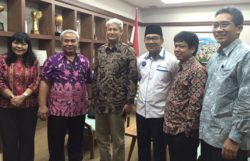 “Procurement activities are supposed to be implemented by permanent ULPs, which are powered by professional staff. It means that pilot ULPs are encouraged to become permanent institutions operated by permanent procurement staff. Therefore, we can implement more effectively and efficiently. After receiving these trainings, procurement professionals should also be familiar on how to avoid misappropriation or allegation of fraud in procurement, because they have been trained and are well aware about procurement regulations,” said Agus Prabowo, Head of LKPP.Another important objective in the program agenda is the effort to raise people’s involvement, business associations and mass media as the public’s control element to oversee procurement transparency for the benefit of the people.
“Procurement activities are supposed to be implemented by permanent ULPs, which are powered by professional staff. It means that pilot ULPs are encouraged to become permanent institutions operated by permanent procurement staff. Therefore, we can implement more effectively and efficiently. After receiving these trainings, procurement professionals should also be familiar on how to avoid misappropriation or allegation of fraud in procurement, because they have been trained and are well aware about procurement regulations,” said Agus Prabowo, Head of LKPP.Another important objective in the program agenda is the effort to raise people’s involvement, business associations and mass media as the public’s control element to oversee procurement transparency for the benefit of the people.
“We are delighted with the commitment shown by the Mayor and his staff. The Procurement Modernization Program has completed its first phase by supporting 29 pilot ULPs in different parts of Indonesia and we are happy to announce that the outcome was very positive. In the second phase of the program, which had just started last April, we added another 15 pilot ULPs. The City of Bandung is among the list of these new ULP partners. Judging by the commitment from different layers of its government, we are certain, ULP of Bandung City will achieve success and will become role model for the other locations in Indonesia,” stated Bonaria Siahaan, MCA-Indonesia Executive Director.
About Millennium Challenge Account – Indonesia (MCA-Indonesia)
MCA-Indonesia is the implementing entity of the Compact Grants from Millennium Challenge
Corporation (MCC), which supports US Strategic Partnership with Indonesia. MCA-Indonesia aims to reduce poverty through economic growth, and manages the following main projects: (1) Green Prosperity, (2) Community-Based Health and Nutrition to Reduce Stunting, and (3) Procurement Modernization.
About Millennium Challenge Corporation (MCC)
MCC is an innovative and independent agency of the US government, which aims to help alleviate
poverty globally. Formed by the US Congress in 2004, MCC has distributed Compact Grants worth US $ 11.2 billion for 27 countries committed to good governance, economic freedom and investments in their citizens. Compact Grants are competitive, meaning that the candidate
countries must compete in a transparent selection process. MCC holds the principle of country-led solutions and country-led implementation, so that the
countries that receive the grants have the discretion and authority to identify problems and
solutions, and to develop and implement its program.


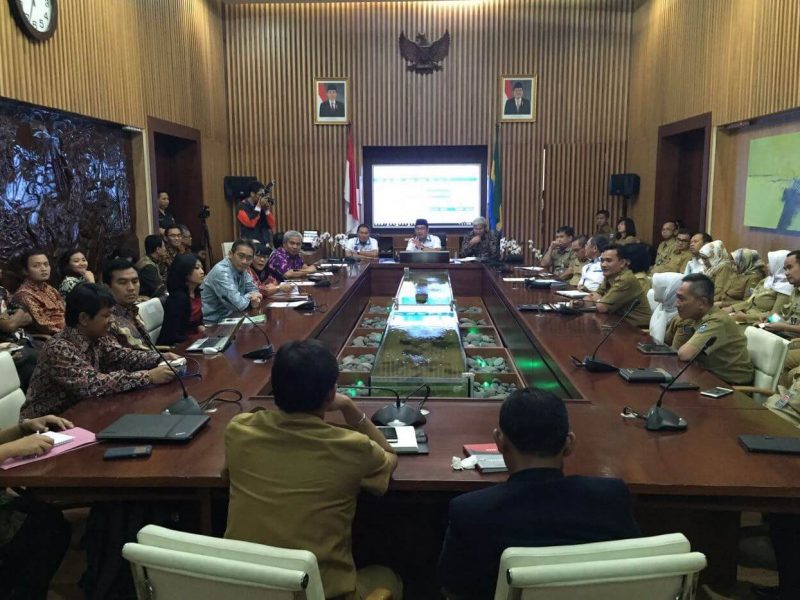
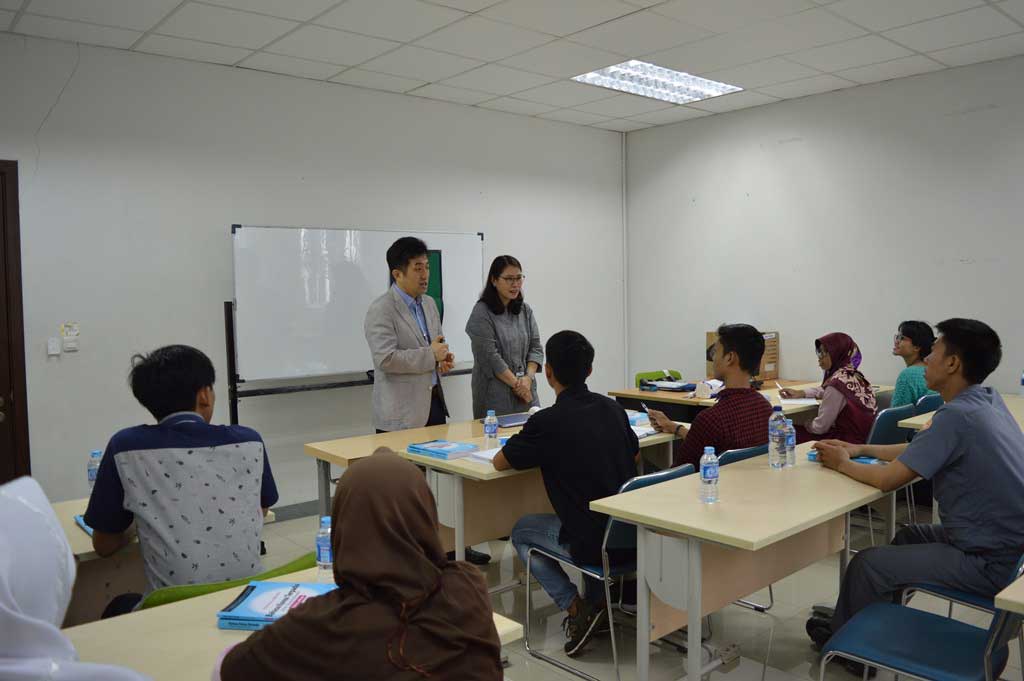
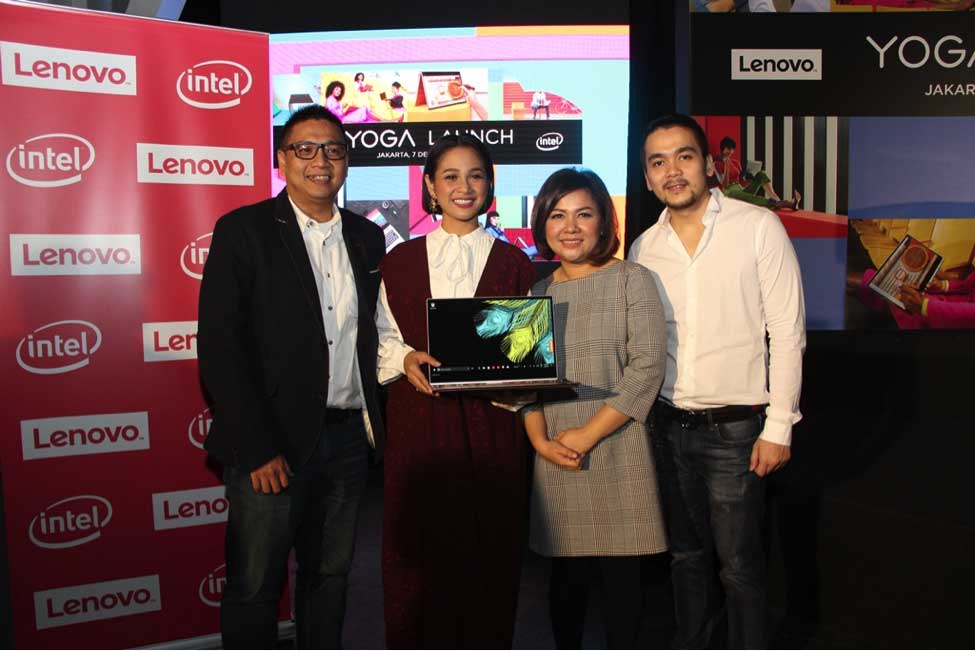

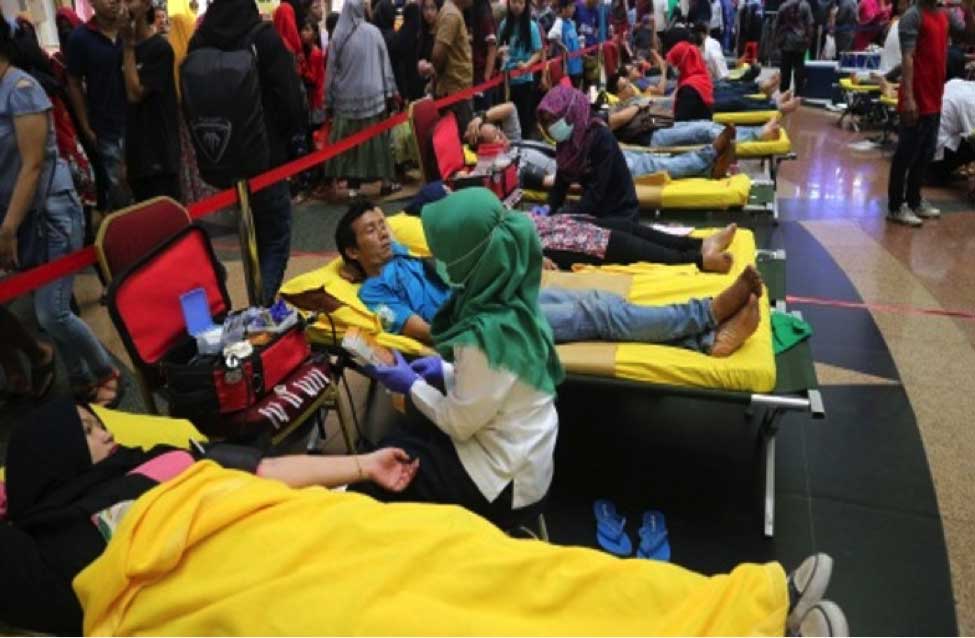



Leave a Reply